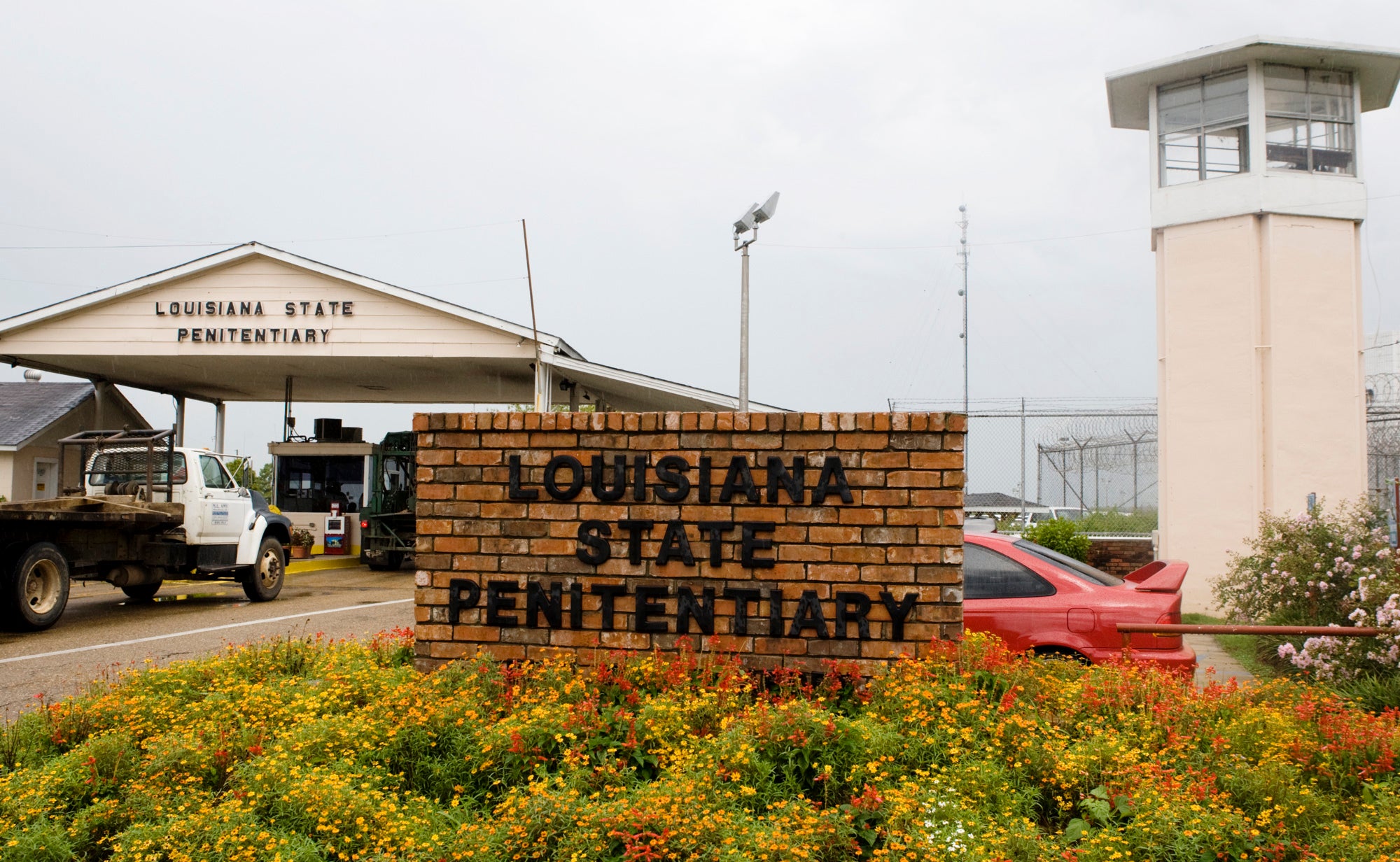Louisiana youths held at adult prison's old death row suffer heat, isolation, advocates say
Advocates for juveniles held in a former death row building at a Louisiana prison for adults say the youths are suffering through dangerous heat and psychologically damaging isolation in their prison cells with little or no mental health care, inadequate schooling and foul water

Juveniles held in a former death row building at a Louisiana prison for adults are suffering through dangerous heat and psychologically damaging isolation in their cells with little or no mental health care, inadequate schooling and foul water, advocates say in a federal court filing asking a judge to order that the youths be moved.
The document, filed in Baton Rouge and dated Monday, says state officials have broken promises to provide constitutionally acceptable facilities for young people housed at the Louisiana State Penitentiary at Angola — a remote prison farm with a notorious history of violence. With a spring target date for moving the youths to other facilities having passed, advocates for the juveniles are asking for an order ending the housing of juveniles at the Angola facility.
The state Office of Juvenile Justice did not respond to a request for comment Tuesday.
Lawyers for the American Civil Liberties Union and other inmate advocates accompanied the filing with affidavits from three youths who are or have been housed at the facility. All talked of foul water from unsanitary faucets in their cells and inedible food. One said he was slammed against a wall by a guard and, another time, was overcome by a chemical irritant that had drifted from another cell when it was used on another detainee.
The document cited weather data indicating outside heat-index values at the prison in a remote part of southeast Louisiana regularly surpassed 100 degrees Fahrenheit (38 degrees Celsius) and sometimes 130 degrees F (54 degrees C).
There was also an affidavit from a medical expert who said the prolonged solitary confinement the youths are exposed to causes “significant risk of serious psychological harm.” Another expert discussed the physical and psychological dangers of keeping the youths in un-airconditioned cells, with fans that are unreliable.
“The youth at OJJ Angola Unit are at substantial risk of serious physical and psychological harm due to their extensive and continued exposure to high temperatures and heat index during the summer months in Louisiana,” Dr. Susi Vassallo wrote.
Gov. John Bel Edwards announced last July that juveniles would be housed at the temporary facility at Angola, with an aim of ending the practice the following spring, once renovations were complete at a northeast Louisiana juvenile facility. Since then, advocates say, as many as 70 or more have moved through the facility. The population earlier this month was put at 15. The target date for ending youth incarceration at Angola was recently pushed to late November of this year.
When Edwards announced the plan, state officials were under growing pressure to do something after a series of escapes from the violence-plagued Bridge City Center for Youth in suburban New Orleans. One inmate is suspected in a carjacking and shooting that happened before he was recaptured. Establishing a detention center at Angola was described as a last-ditch but necessary measure amid capacity and safety concerns at juvenile detention facilities.
At Angola, state officials say, the youths are segregated from the adult prison population, held at a building that once held convicts awaiting execution.
From the start, juvenile justice advocates assailed the plan to house juveniles at Angola — an adult prison farm with a notorious history of violence. After a lawsuit was filed in August, U.S. District Judge Shelly Dick declined last September to remove the youths. Acknowledging the possible harm, Dick said state officials had shown they could provide shelter and treatment that would comply with the constitution.
“While locking children in cells at night at Angola is untenable, the threat of harm these youngsters present to themselves, and others, is intolerable,” Dick wrote at the time. “The untenable must yield to the intolerable.”
In their latest filing, advocates again asked Dick to end the practice, saying the state failed to keep its promises.
“Defendants promised safe and sanitary conditions. Defendants broke that promise, locking children in barred cells with only a metal bed and metal toilet/sink, unclean faucets and no drinkable water source, and allowing excessive heat in the housing areas to go unremediated during this hot summer in Louisiana,” the juvenile advocates say.
Bookmark popover
Removed from bookmarks